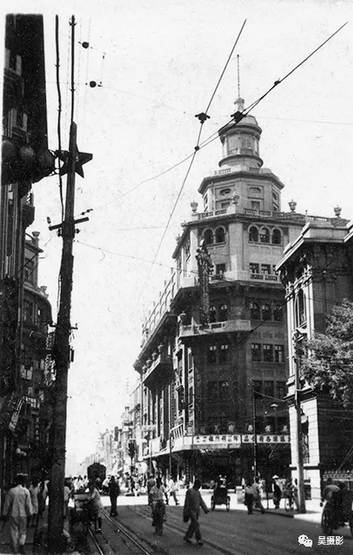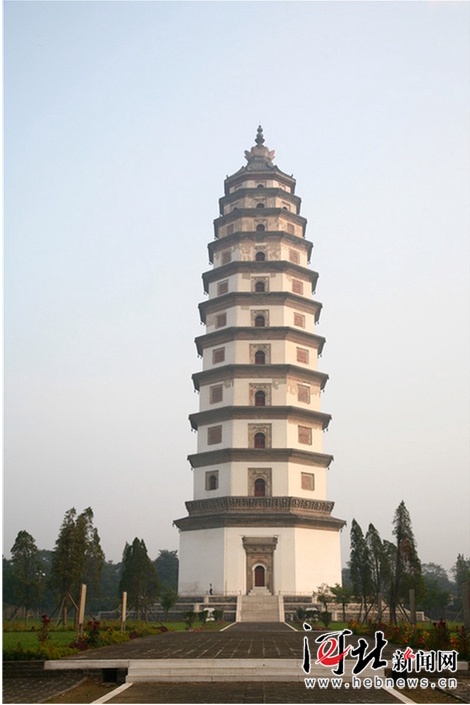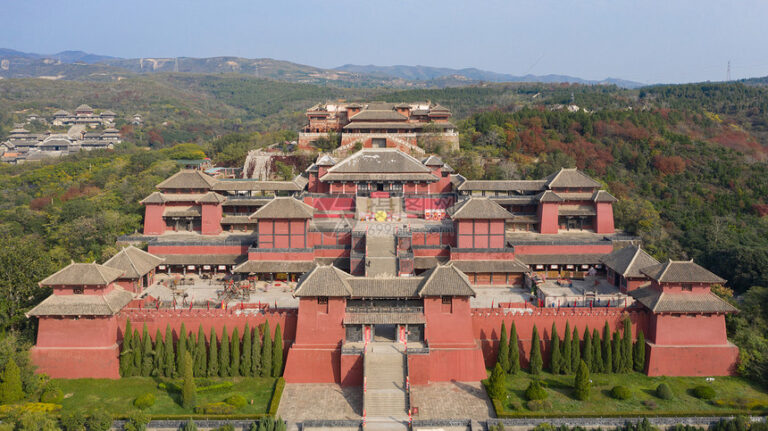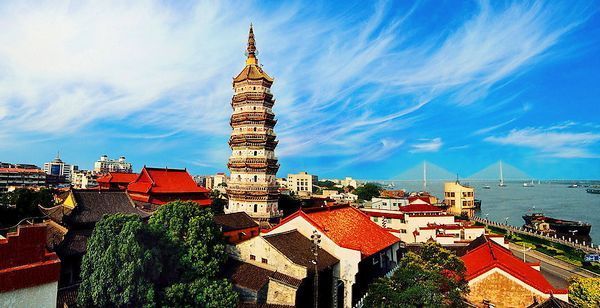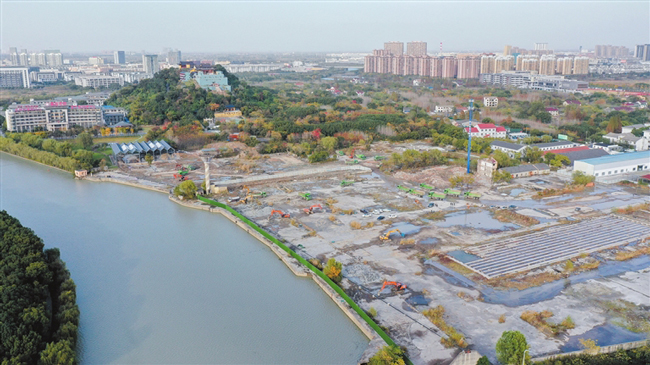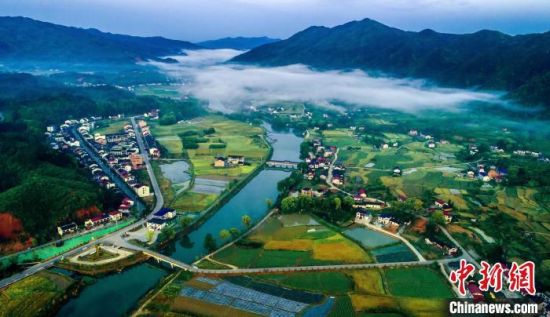Discover the Hidden Gem of Yongzhou: A Complete Guide to Yuchanyan Yizhi
An Essential Guide to Visiting Yongzhou Yuchanyan Yizhi
In This Guide
- An Essential Guide to Visiting Yongzhou Yuchanyan Yizhi
- The Rich History of Yongzhou Yuchanyan Yizhi
- Main Highlights: What to See at Yongzhou Yuchanyan Yizhi
- Planning Your Visit: A Practical Guide
- Tickets, Hours, and Booking
- How to Get There
- Local Cuisine and Accommodation
- Frequently Asked Questions
- Final Thoughts on Your Trip
Nestled in the verdant landscapes of Hunan Province, Yongzhou Yuchanyan Yizhi, or the Yuchanyan Site, stands as a monumental testament to human history and innovation. Located approximately 20 kilometers northwest of Daoxian County in the tranquil town of Shouyan, this archaeological marvel dates back around 10,000 years to the New Stone Age, making it one of the most significant prehistoric sites in China.
The Yuchanyan Site gained global attention not only for its rich cultural heritage but also for the groundbreaking discoveries made during its excavations in the 1990s. Among the treasures unearthed were the earliest known specimens of cultivated rice, redefining our understanding of agricultural practices and the origins of rice cultivation in human civilization. The site has been lauded as one of the top archaeological discoveries of the 20th century in China, revealing a plethora of artifacts that shed light on the lives of its ancient inhabitants.
Visitors to the Yuchanyan Site can explore its stunning natural surroundings, characterized by dramatic karst formations and lush greenery, while also immersing themselves in the profound history that permeates the area. The site serves not only as an archaeological park but also as a cultural hub, where the legacy of ancient agricultural practices intertwines with the natural beauty of the landscape.
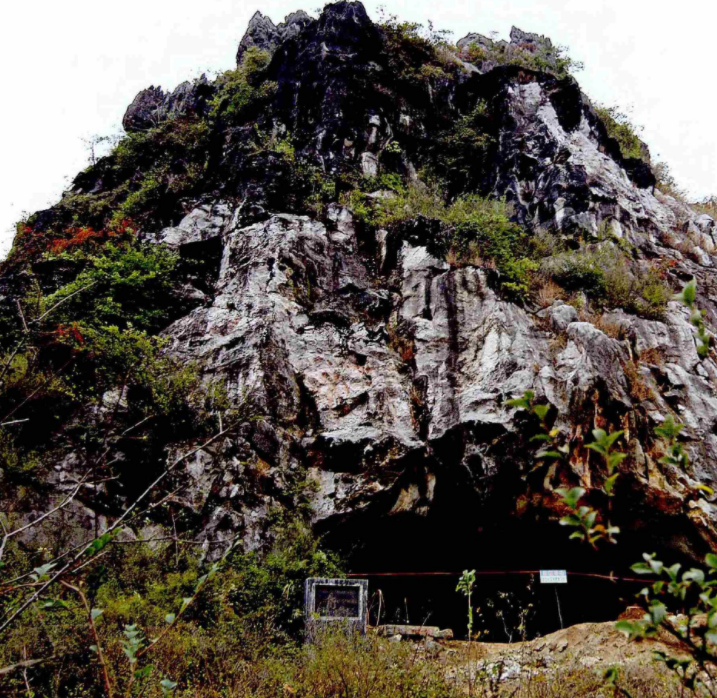
Yongzhou Yuchanyan Yizhi.
As you embark on a journey to Yongzhou Yuchanyan Yizhi, prepare to be captivated by the remarkable story of human resilience and ingenuity that unfolds here, where the echoes of the past resonate through the hills and valleys of this enchanting region.
The Rich History of Yongzhou Yuchanyan Yizhi
Yongzhou Yuchanyan Yizhi, or the Yuchanyan Site, is a remarkable archaeological treasure located approximately 20 kilometers northwest of Shaoyan Town in Hunan Province, China. This site, significant for its rich cultural heritage, dates back to the Neolithic period, roughly 10,000 years ago. The discovery and excavation of Yuchanyan have garnered international attention, being recognized as one of the most important archaeological finds in China during the 20th century.
The site first came to prominence in 1993, when a team from the Hunan Provincial Institute of Cultural Relics and Archaeology undertook systematic excavations. The initial findings revealed a cultural layer measuring between 1.2 to 1.8 meters thick, containing an array of artifacts including stone tools, remnants of bones, and various organic materials. Notably, the excavations unearthed the earliest known evidence of cultivated rice in the world, which has since reshaped our understanding of agricultural practices in ancient human societies.
In 1995, further excavations were conducted, leading to the identification of rice grains that were confirmed to be domesticated varieties. This groundbreaking discovery not only established Yuchanyan as a pivotal site in the study of rice cultivation but also highlighted the region’s role in the broader narrative of agricultural development in East Asia. The archaeological team, which included renowned experts from China and abroad, focused on uncovering more evidence related to the origins of rice farming, a crucial aspect of human civilization.
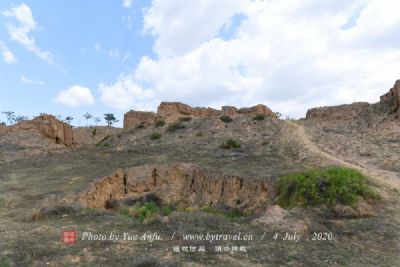
Yongzhou Yuchanyan Yizhi.
The findings at Yuchanyan are not limited to rice; they also include some of the earliest known pottery in China. Artifacts such as coarse pottery fragments, which display rudimentary craftsmanship, signify an early stage in the evolution of ceramic technology. These items offer invaluable insights into the daily lives and practices of the people who inhabited this region thousands of years ago.
Moreover, the site has revealed a diverse array of faunal and floral remains, illustrating the ecological conditions that existed during the Neolithic period. The discovery of freshwater mollusks, fish, and various animal bones provides a glimpse into the diet and subsistence strategies of the Yuchanyan inhabitants. This evidence supports the notion that the area was rich in natural resources, allowing its early residents to thrive through hunting, gathering, and the initial steps of agriculture.
Yuchanyan’s significance extends beyond its archaeological value; it serves as a symbol of the region’s historical and cultural identity. The site has been designated as a key national cultural relic protection unit, emphasizing the importance of preserving such heritage for future generations. Today, Yuchanyan stands as a testament to the ingenuity and resilience of early human societies, captivating visitors and researchers alike with its rich narrative of agricultural beginnings and communal life.
In conclusion, the Yuchanyan site is not merely an archaeological location; it is a profound chapter in the story of humanity’s agricultural revolution, providing crucial evidence of early rice cultivation and ceramic production in China. As excavations continue and research unfolds, Yuchanyan promises to reveal even more about the lives of its ancient inhabitants and their contributions to the development of civilization.
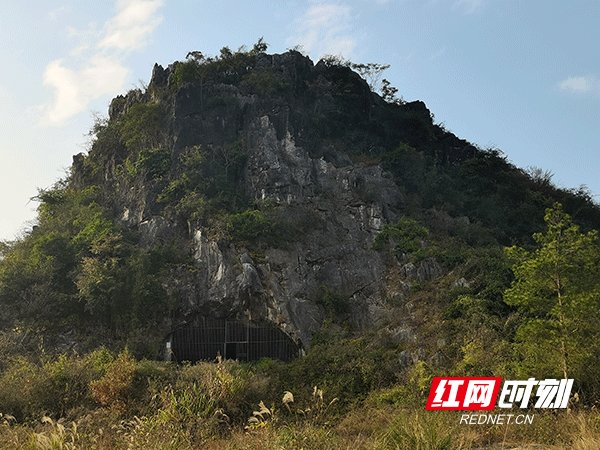
Yongzhou Yuchanyan Yizhi.
Main Highlights: What to See at Yongzhou Yuchanyan Yizhi
Yongzhou Yuchanyan Yizhi, also known as the Yuchanyan Site, is a remarkable archaeological treasure located approximately 20 kilometers northwest of Shouyan Town in Daoxian County, Hunan Province. This New Stone Age cave site is distinguished by its rich cultural significance and is celebrated as one of the most significant archaeological discoveries of the 20th century in China.
One of the site’s most noteworthy claims to fame is the discovery of the earliest known evidence of cultivated rice, dating back around 10,000 years. This groundbreaking find not only reshapes our understanding of agricultural origins but also highlights the sophisticated lifestyles of ancient communities. The site has yielded a wealth of artifacts, including stone tools, pottery fragments, and a variety of animal remains, demonstrating a transition from Paleolithic to Neolithic cultures and offering insights into early human subsistence practices.
The Yuchanyan Site features a complex of caves, with the main entrance showcasing stunning stalactite formations that evoke the image of a frog, leading locals to affectionately name it Yuchanyan, meaning “Jade Frog Rock.” Visitors can explore the captivating geological features, while also immersing themselves in the historical narrative of the ancient inhabitants who once thrived in this area.
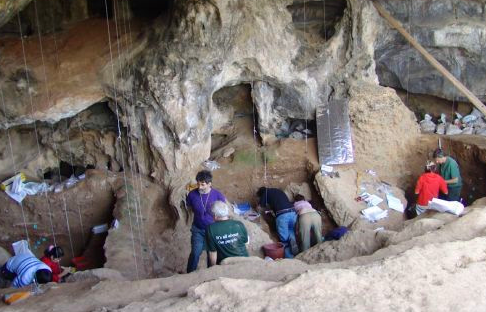
Yongzhou Yuchanyan Yizhi.
Archaeological excavations at Yuchanyan have attracted international attention, culminating in a collaborative effort between Chinese and American researchers. This partnership has facilitated a deeper examination of the site’s cultural layers, revealing extensive findings that underscore the significance of Yuchanyan in the study of human civilization and agricultural development.
The site is not just an archaeological wonder; it is also a serene destination for nature lovers and history enthusiasts alike. With lush greenery surrounding the caves and the tranquil atmosphere of Shouyan Town, visitors can enjoy a unique blend of natural beauty and profound historical context. As you explore Yuchanyan, you will be walking in the footsteps of our ancient ancestors, gaining a clearer understanding of the origins of rice cultivation and the early agricultural practices that shaped human civilization.
In summary, a visit to Yongzhou Yuchanyan Yizhi offers an unparalleled opportunity to connect with the ancient past, witness significant archaeological discoveries, and appreciate the breathtaking natural landscape that has captivated visitors for centuries. Whether you’re an archaeology aficionado or simply seeking a peaceful retreat, Yuchanyan promises an enriching experience.
Planning Your Visit: A Practical Guide
Practical Guide to Visiting Yongzhou Yuchanyan Yizhi
Overview:
Yongzhou Yuchanyan Yizhi, or the Yuchanyan Site, is an archaeological treasure located approximately 20 kilometers northwest of Shaoyan Town in Daoxian County, Hunan Province, China. This Neolithic cave site is renowned for its significant contributions to our understanding of early agricultural practices, particularly the cultivation of rice. The site was first excavated in 1993 and has since been recognized as one of China’s top archaeological discoveries of the 20th century.
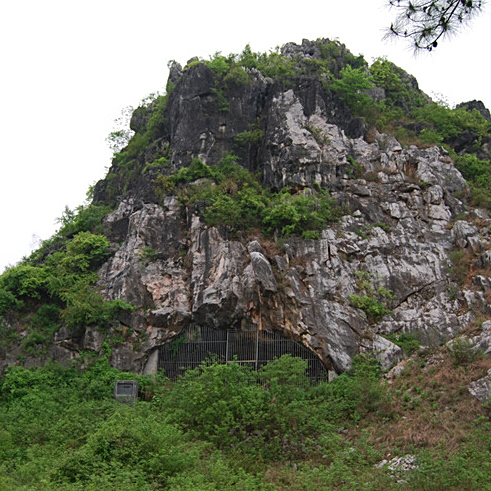
Yongzhou Yuchanyan Yizhi.
Getting There:
– By Air: The nearest airport is Yongzhou Lingling Airport, which has domestic flights connecting to major cities like Guangzhou and Beijing. From the airport, you can hire a taxi or use a ride-sharing app to reach the site.
– By Train: Yongzhou is also accessible via train. Regular services operate from cities like Guangzhou and Changsha. Once at the Yongzhou railway station, you can take a local bus or taxi to reach the Yuchanyan site.
– By Car: If you prefer driving, rent a car in Yongzhou. The journey to the site is straightforward, with well-marked roads leading you to the entrance.
Opening Hours:
The Yuchanyan Site is open for visitors year-round, allowing for flexible scheduling. Plan to visit during daylight hours to fully experience the natural beauty and historical significance of the area.
Admission Fees:
Entrance to the Yuchanyan site is free, making it an accessible destination for all travelers. However, consider contributing to local conservation efforts through voluntary donations.
What to Expect:
– Cave Exploration: The site consists of two main caves, with fascinating geological formations. The entrance features stunning stalactites that resemble frog noses, adding to the mystical atmosphere of the site.
– Archaeological Significance: Visitors can view artifacts and learn about the discoveries made at Yuchanyan, including the earliest known rice cultivation evidence, dating back approximately 10,000 years. Interpretive signage is available, providing insights into the site’s history.
– Natural Beauty: Surrounding the caves are picturesque landscapes, perfect for photography and relaxation. The area is rich in biodiversity, so keep an eye out for local wildlife and plant species.
Suggested Itinerary:
– Half-Day Visit:
– Start at the Yuchanyan site to explore the caves and archaeological displays.
– Take a leisurely walk through the surrounding nature, enjoying the serene environment.
– Wrap up your visit with a picnic lunch in one of the scenic spots nearby.
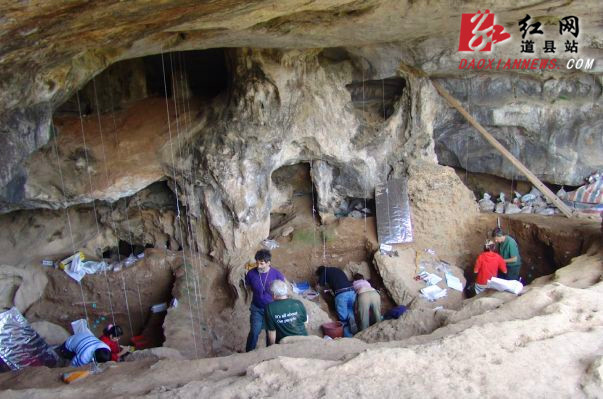
Yongzhou Yuchanyan Yizhi.
- Full-Day Adventure:
- Morning: Begin your day at Yuchanyan, then head to local attractions such as the nearby Yueliang Rock or Shaoyan River for additional sightseeing.
- Afternoon: Enjoy lunch at a local restaurant serving Hunan cuisine, known for its spicy and flavorful dishes.
- Evening: Explore the nearby town for cultural experiences and local markets before heading back.
Tips for Visitors:
– Wear Comfortable Footwear: The cave area can be uneven and slippery, so sturdy shoes are recommended.
– Stay Hydrated: Bring water, as the site may not have readily available refreshments.
– Respect the Environment: Follow all guidelines regarding litter and preservation, ensuring the site remains pristine for future visitors.
Local Cuisine:
While visiting the area, be sure to sample some local Hunan dishes. Notable recommendations include:
– Yongzhou Blood Duck: A unique and spicy dish made with duck blood and meat.
– Dong’an Chicken: A slightly sweet and sour chicken dish that is a local favorite.
– Ningyuan Stuffed Tofu: Fried tofu stuffed with meat, offering a savory treat.
Conclusion:
A visit to Yongzhou Yuchanyan Yizhi is not just an archaeological exploration; it’s a journey into the rich tapestry of human history and the natural beauty of Hunan Province. Whether you’re a history enthusiast, nature lover, or simply looking for an off-the-beaten-path adventure, this site promises an enriching experience.
Tickets, Hours, and Booking
Visiting the Yongzhou Yuchanyan Yizhi (玉蟾岩遗址), a significant archaeological site nestled in the picturesque setting of Shouyan Town, is an enriching experience that combines history, culture, and nature. The site is renowned for its New Stone Age cave remains and is recognized as one of China’s most important archaeological discoveries of the 20th century.
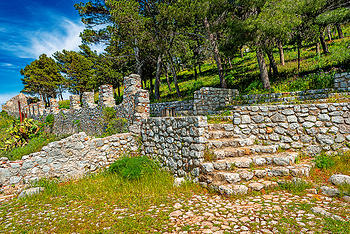
Yongzhou Yuchanyan Yizhi.
Admission Details
Entry Fee:
Admission to the Yongzhou Yuchanyan site is free of charge, allowing visitors to explore the rich cultural heritage without any financial barriers.
Opening Hours:
The site is open year-round, providing ample opportunities for exploration at any time of day. Visitors can enjoy the serene landscape and historical atmosphere at their convenience.
Exploring the Site
While there is no formal ticketing process, it is advisable to check for any guided tours or special events that may enhance your visit. Local guides often provide insights into the archaeological significance of the area, including the discovery of the earliest cultivated rice and ancient pottery.
Getting There
The Yuchanyan Yizhi is located approximately 20 kilometers northwest of Daoxian County in Hunan Province. Given its accessibility, visitors can easily reach it by car or public transport. The scenic route offers beautiful views of the surrounding landscape, adding to the overall experience.
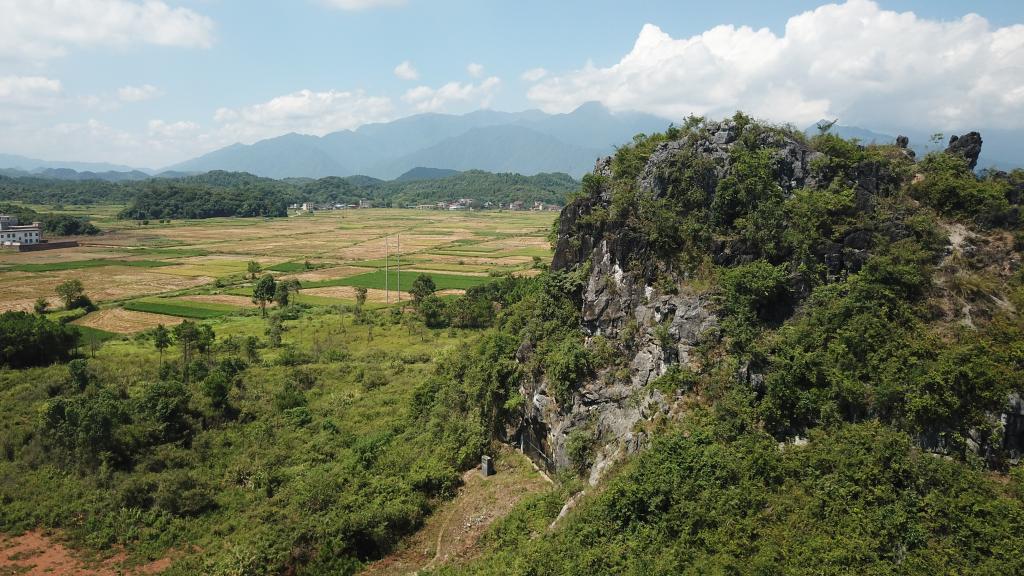
Yongzhou Yuchanyan Yizhi.
Visitor Recommendations
- Plan Your Visit: Although entry is free, consider visiting during weekdays to avoid crowds and fully appreciate the site’s tranquility.
- Guided Tours: Look out for local guides who can offer in-depth knowledge about the archaeological finds, including the remarkable artifacts unearthed during the digs in 1993 and 1995.
- Photography: The site is a photographer’s delight, with stunning natural features and historical remnants that tell a story of ancient civilizations.
By choosing to visit Yongzhou Yuchanyan Yizhi, you are not only exploring a significant piece of human history but also enjoying a unique blend of culture and nature.
How to Get There
Getting to Yongzhou’s Yuchanyan Yizhi (玉蟾岩遗址), also known as the Yuchanyan Ruins, requires some planning, as it is situated in a relatively remote area of Hunan Province, approximately 20 kilometers northwest of Daoxian County. Here’s a comprehensive guide to help you navigate your way to this fascinating archaeological site.
By Air
The nearest major airport is Yongzhou Lingling Airport (LLG), which has domestic flights connecting to major cities in China, including Guangzhou and Changsha. From the airport, you can hire a taxi or use a ride-hailing service to reach the ruins, which will take about 45 minutes.
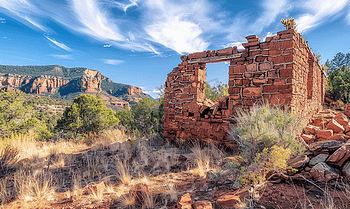
Yongzhou Yuchanyan Yizhi.
By Train
For those traveling from larger cities, such as Changsha or Guilin, you can opt for the train service. The Yongzhou Railway Station is the most convenient stop. From the station, you can take a taxi or a local bus to Daoxian County, and then continue to the Yuchanyan site. The journey from the train station to the site typically takes around 1 to 1.5 hours.
By Bus
Buses are a practical option for budget travelers. Regular buses run from Changsha and Guilin to Daoxian. Once you arrive in Daoxian, you can transfer to a local minibus or taxi to cover the remaining distance to Yuchanyan. The bus service is frequent, but be sure to check the schedule in advance as timings may vary.
Local Transportation
Upon reaching Daoxian or the nearby Shouyan Town, local transportation options include:
– Taxis and Ride-Hailing Services: These are widely available and convenient for direct transfers to the Yuchanyan site.
– Minibuses: Look for minibuses that specifically cater to tourists heading to the scenic spots. They may operate on a flexible schedule, so confirm the timing with the driver.
Suggested Itinerary
If you’re planning to explore the surrounding area, consider a day trip or multi-day itinerary:
– Day Trip: Start your day early from Yongzhou, visit the Yuchanyan Ruins, and explore other nearby attractions such as the Yueyan Cave and Daoshan Mountain before returning in the evening.
– Overnight Stay: For a more relaxed experience, consider staying overnight in Daoxian or Yongzhou. This way, you can enjoy local cuisine and visit more cultural sites, such as the Cultural Corridor along the Lianxi River.
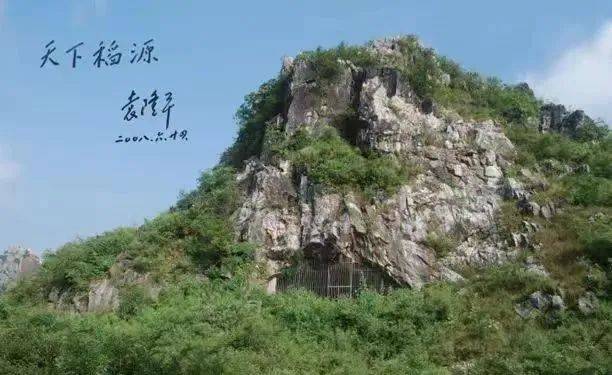
Yongzhou Yuchanyan Yizhi.
Accessibility
The Yuchanyan Ruins are generally accessible for visitors, but be prepared for some uneven terrain as you explore the site. Comfortable walking shoes are recommended, and it’s advisable to bring water and snacks, especially if you plan to spend several hours at the site.
Conclusion
Traveling to the Yuchanyan Ruins is not just about reaching a destination; it’s also about the journey through the lush landscapes of Hunan Province. Whether you choose to fly, take a train, or ride a bus, each option offers a unique glimpse into the region’s beauty. Enjoy your adventure as you delve into the ancient history of this remarkable archaeological site!
Local Cuisine and Accommodation
When visiting Yongzhou Yuchanyan Yizhi (玉蟾岩遗址), a site steeped in history and archaeological significance, you can enhance your experience by indulging in the local cuisine and finding comfortable accommodations. Here’s a guide to some of the must-try dishes and where to stay while exploring this fascinating area.
Culinary Delights
Yongzhou is renowned for its unique culinary offerings, deeply rooted in the local culture. Here are some dishes you shouldn’t miss:
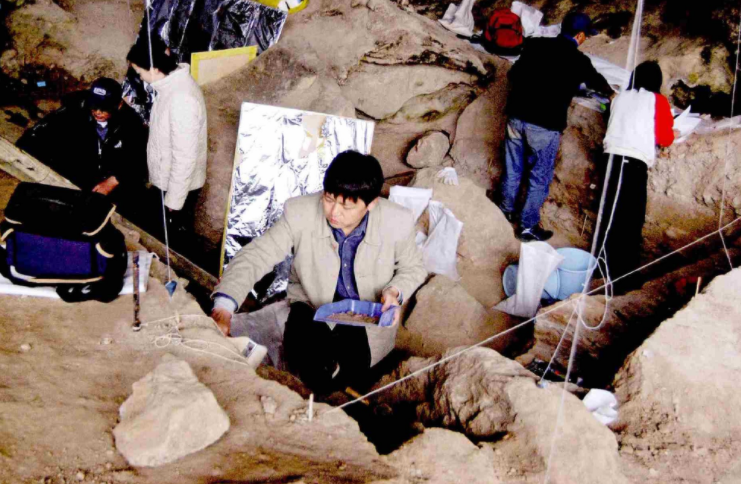
Yongzhou Yuchanyan Yizhi.
-
Yongzhou Blood Duck (永州血鸭): This local specialty features tender duck meat cooked with its blood, creating a rich and spicy flavor. It’s a perfect dish for those who enjoy bold tastes and is often served with rice.
-
Dong’an Chicken (东安鸡): Known for its tender texture and a delightful balance of sweet and sour flavors, this dish is made from marinated chicken, often garnished with fresh herbs and served with a special sauce.
-
Ningyuan Stuffed Tofu (宁远釀豆腐): A delicious dish where tofu is stuffed with a savory mixture of meat and spices, pan-fried to a golden brown, and served with a rich broth.
-
Yongzhou Stewed Rice Noodles (永州卤粉): These rice noodles are stewed in a flavorful broth and served with various toppings, making them a hearty choice for lunch or dinner.
These dishes can be found at local eateries and restaurants throughout Yongzhou. For an authentic experience, consider dining at places frequented by locals, where you’ll find the freshest ingredients and the most genuine flavors.
Where to Stay
Yongzhou offers a range of accommodation options, catering to different preferences and budgets. Here are a few recommendations:
-
Yongzhou International Hotel: A comfortable and well-equipped hotel located conveniently for exploring the city. It features modern amenities, including Wi-Fi, air conditioning, and an on-site restaurant serving local cuisine.
-
GreenTree Inn Yongzhou: This hotel provides a cozy atmosphere with essential amenities. It’s a great choice for budget travelers looking for a simple yet comfortable stay.
-
Homestays in Xiaoping Village: For a more intimate experience, consider staying in a homestay. These accommodations often offer a glimpse into local life and may include home-cooked meals prepared by your hosts.
-
Yongzhou Garden Hotel: Surrounded by lush greenery, this hotel offers a serene escape with spacious rooms and beautiful views. It’s perfect for those looking to relax after a day of exploration.
Regardless of where you choose to stay, make sure to immerse yourself in the local culture and cuisine, enriching your visit to Yongzhou Yuchanyan Yizhi with unforgettable flavors and experiences.
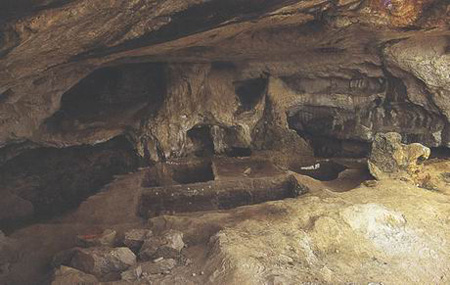
Yongzhou Yuchanyan Yizhi.
Frequently Asked Questions
Frequently Asked Questions about Yongzhou Yuchanyan Yizhi (玉蟾岩遗址)
-
What is Yongzhou Yuchanyan Yizhi?
Yongzhou Yuchanyan Yizhi, or the Yuchanyan Site, is a significant archaeological site located in Shouyan Town, approximately 20 kilometers northwest of Daoxian County in Hunan Province, China. It dates back to the Neolithic era, around 10,000 years ago, and is renowned for being the site of the world’s earliest known cultivated rice. -
Why is the site important?
The Yuchanyan Site is critically important as it has provided key insights into the origins of rice agriculture and the development of pottery in ancient China. It was recognized as one of the top ten archaeological discoveries in China in 1995 and is considered one of the most significant archaeological finds of the 20th century. -
What can visitors expect to see at the site?
Visitors to the Yuchanyan Site can explore an excavation area that reveals layers of cultural deposits, including stone tools, animal remains, and the earliest known rice grains. The site also features natural caves that add to the scenic landscape, making it a unique blend of history and nature. -
Is there an entrance fee to visit Yuchanyan?
Entry to the Yuchanyan Site is free of charge, making it accessible for all visitors interested in exploring this historical treasure. -
What are the best ways to reach Yuchanyan?
The site is best accessed by car or local transport from Yongzhou city or nearby towns. For those traveling long distances, the nearest major city is Guilin, from which you can take a train or bus to Yongzhou. -
Are there guided tours available?
While there are no formal guided tours specifically for Yuchanyan, local guides in the nearby areas may offer insights into the site’s historical significance. It’s recommended to check with local tourism offices for any available guided options. -
What is the best time to visit Yuchanyan?
The ideal time to visit is during the spring and autumn months (April to June and September to November) when the weather is mild and pleasant for outdoor exploration. -
Can visitors learn more about the archaeological findings?
Yes, visitors can find detailed information about the archaeological discoveries, including exhibits and literature at nearby cultural centers or museums in Yongzhou, which showcase the extensive research and findings from the Yuchanyan Site.
Final Thoughts on Your Trip
Visiting the Yongzhou Yuchanyan Yizhi, or the Yuchanyan Site, is more than just a trip to an archaeological site; it’s a journey into the depths of human history and the origins of agriculture. This extraordinary site not only holds the distinction of being one of the earliest known locations for rice cultivation, but it also showcases the development of pottery that marks a significant milestone in the story of human civilization.
As you explore the cave’s fascinating relics, from ancient pottery to remnants of early agricultural practices, you can’t help but feel a connection to the lives of those who thrived in this environment thousands of years ago. The rich cultural heritage and natural beauty surrounding Yongzhou further enhance the experience, inviting visitors to reflect on the intertwining of nature and human innovation.
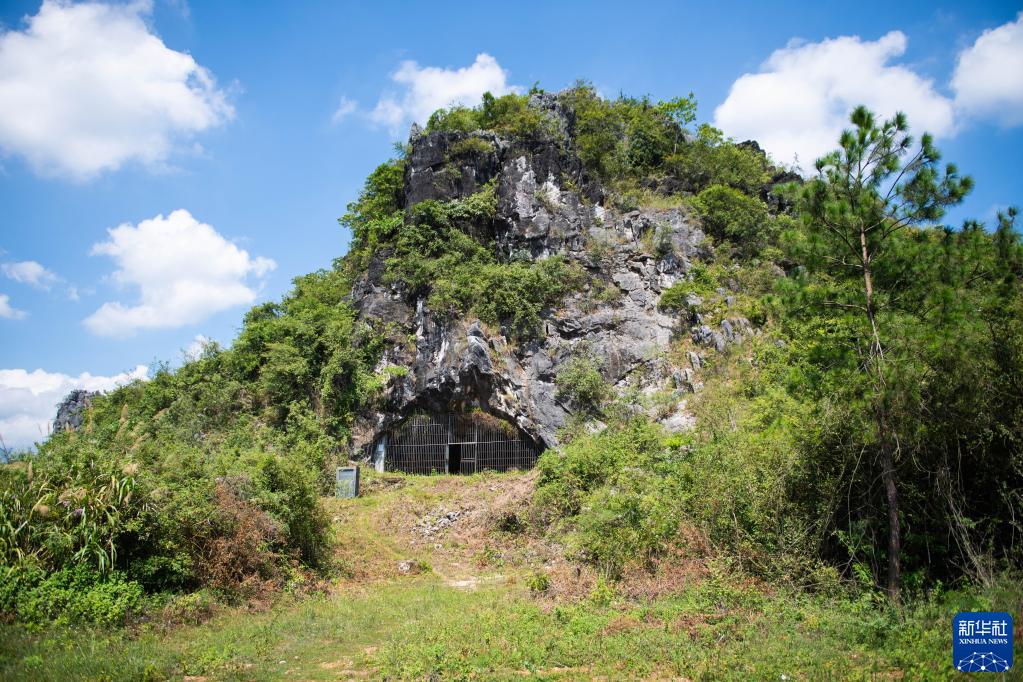
Yongzhou Yuchanyan Yizhi.
For travelers seeking a destination that combines historical significance with stunning landscapes, Yongzhou Yuchanyan Yizhi is a hidden gem waiting to be discovered. Here, amidst the echoes of the past, you will find not just remnants of an ancient civilization, but also the inspiration to appreciate the journey of humanity through time. Whether you’re an archaeology enthusiast, a history buff, or simply a curious wanderer, this site offers a unique glimpse into our shared heritage and a celebration of the resilience and ingenuity of our ancestors.
